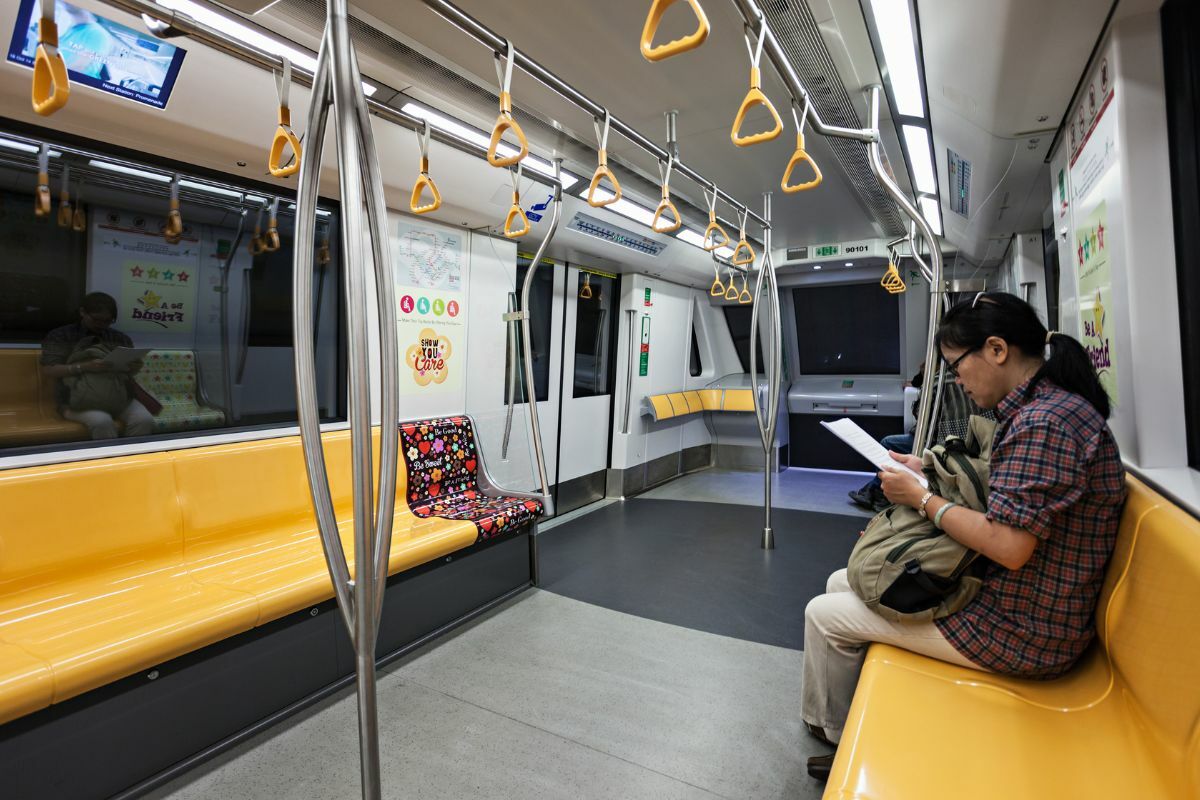Thailand’s State Railway seeks 50 billion baht for expansions

Thailand’s State Railway (SRT) is planning to request Cabinet approval for a funding amount exceeding 50 billion baht. This hefty sum is aimed at financing the construction of a double-track railway stretch from Khon Kaen to Nong Khai and the expansion of Red Line electric train routes.
The announcement follows a directive from Transport Minister Suriya Jungrungreangkit, who instructed the swift progression of major railway projects, with the proposal submissions to the cabinet scheduled for this month. SRT governor, Nirut Maneephan, confirmed the news yesterday.
Nirut detailed how the funds would be allocated, stating that Phase II of the double-track rail route connecting Khon Kaen and Nong Khai – a 167-kilometre stretch – would benefit from a budget of 29.7 billion baht.
Nirut explained that 9 million baht is reserved for hiring a real estate consultant, 369 million baht is set for land ownership management, 7 million baht for bidding, 28.7 billion baht for construction, and 604 million baht for appointing a firm to oversee the construction work.
In addition to the double-track railway project, the SRT has plans to initiate bidding to find a private partner for the Natha transhipment cargo centre construction, which will link the Laos and China rail routes in Nong Khai.
Nirut added that three Red Line electric train route extensions are also on the SRT’s agenda, with a combined budget of 21.7 billion baht.
The Taling Chan-Salaya section, spanning 14.8 kilometres, requires a budget of 10.6 billion baht. This includes railway construction (8.07 billion baht), power system and machine installation (2.28 billion baht), with the remaining funds allocated for hiring consultants.
The Taling Chan-Siriraj section, measuring 5.7 kilometres, will utilise a budget of 4.61 billion baht. The cost breakdown includes railway construction (2.79 billion baht), power system and machine installation (1.67 billion baht), with the remaining funds allocated for consultants.
Lastly, the Rangsit-Thammasat University’s Rangsit Campus section, an 8.84-kilometre stretch, requires a budget of 6.46 billion baht. This includes railway construction (4.05 billion baht), power system and machine installation (2 billion baht), and consultant fees.
Addressing the procurement of 184 air-conditioned diesel trains, Nirut revealed that SRT is currently in discussions with the Office of the National Economics and Social Development Council to evaluate the project’s feasibility, reports Bangkok Post.
“A feasibility study recommended the procurement plan may not be worth the money. If it’s not, then it should not be invested.
“In the future, most European countries will transition to hybrid or electric trains.”
Follow more of The Thaiger’s latest stories on our new Facebook page HERE.
Latest Thailand News
Follow The Thaiger on Google News:


























